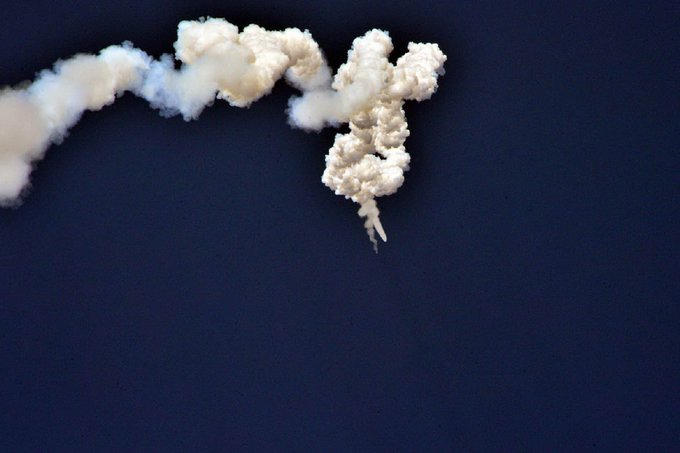
The first week in July in 2017 saw the launch of a medium range Intercontinental Ballistic Missile, or ICBM out of North Korea. The Hwasong-14 missile was launched from a mobile launcher, similar in function to that of the Russian Topol-M launch vehicle. While tested from a mobile platform, the test firing was based near the North Korean-Chinese border. The Hwasong-14 was launched towards the Sea of Japan, but estimated ranges for this new missile shows that it may be able to reach as far as Alaska and even may be able to target Hawaii. Reaction from international media and President Trump was swift, and hopes that relations with China will push North Korea towards a less aggressive stance seems to be the first policy position from most Western leaders and their allies in Asia.
The production of ICBMs usually comes with the belief that the sole possession of a weapon of mass destruction will give the country that possesses it leverage over adversaries when smaller conflicts arise. The question remains to whether or not the ones in control are rational actors, and have something to lose in a nuclear conflict. The theory during the Cold War that the Americans and NATO and the Soviets were rational, and therefore would not seek an open nuclear conflict was often wishful thinking in a complex situation. With smaller actors now starting to form nuclear weapons programs that can reach US territory and surely strike US allies, rationality and diplomacy might be the only barrier to saving millions of lives. Smaller nations with power concentrated with one person or a small group of individuals, armed with ICBMs is changing the global balance of power rapidly, and may permit chaos, a muted response and refused justice and the allowance of human rights abuses and genocides that would normally urge international assistance and cooperation. Rational small actors might be harder to come by, and the end result will be a less secure international order.
Strategies in handling those deemed irrational may give rise to policy approaches that lack nuance. The fear of a small state becoming nuclear ready may bring back Cuban Missile Crisis type stand offs or the undercover moves seen in the 1950s that permanently scarred regions like Latin America and the Middle East. Fear of a nuclear based attack as seen with Soviet allies in the Cold War may motivate ill-conceived policy approaches that will make moves like the installing of Pinochet and accusations like those exposed by Snowden more common place. Preventing small countries from obtaining ICBMs might be another option, but the desire for open conflict without a focus and determinable goal and end date may start with positive intentions, and end with another Syria, a conflict that has led to an international political mess, permitted mass genocide and has no end date. Full commitment to limiting ICBMs in the initial phases of the programs might be the best horrible option, otherwise containing those weapons away from regions where conventional weapons are in constant use is the only other option. Defense and new and refined technologies that can counter and kill ICBMs before hitting their targets will also become a growing industry and technology, made by many of the same researchers that produce the ICBM missile technology in the first place. Accepting dictatorial demands from minor strongmen and religious zealots do not seem to be a permanent option, so actions will be needed unfortunately with ICBMs at the bargaining table.